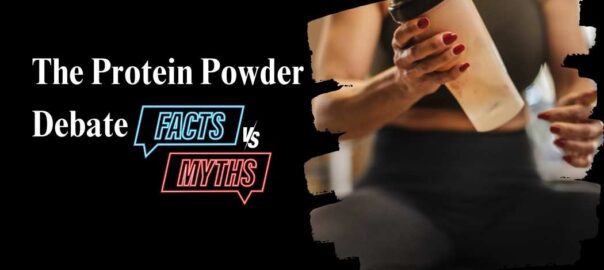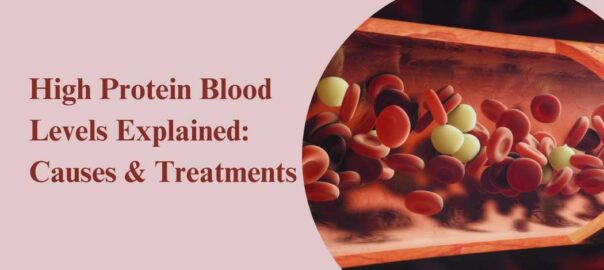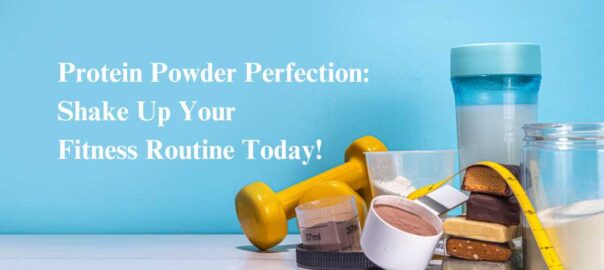
In today’s world of sports and fitness, athletes are constantly seeking ways to enhance their performance and maximize their potential. One such tool that has gained immense popularity in recent years is protein powder. From professional athletes to weekend warriors, protein powder has become a staple in many athletes’ diets. Playing a crucial role in shaping the next generation of sports stars.
Understanding Protein Powder: The Building Block of Muscle
What is Protein Powder?
Protein powder is a dietary supplement that is typically derived from sources such as whey, casein, soy, or pea protein. It is designed to provide a concentrated source of protein, which is essential for muscle repair, growth, and recovery.
How Does Protein Powder Work?
When consumed, protein powder is broken down into amino acids, the building blocks of protein. These amino acids are then used by the body to repair and build muscle tissue. Helping athletes recover faster from intense training sessions and optimize their performance.
The Role of Protein Powder in Athletic Performance
Muscle Growth and Repair
One of the primary benefits of protein powder is its ability to support muscle growth and repair. By providing the body with a steady supply of protein, athletes can ensure that their muscles have the necessary nutrients to recover and grow stronger after workouts.
Improved Recovery Time
Intense training sessions can take a toll on the body, leading to muscle soreness and fatigue. Protein powder can help speed up the recovery process by providing the muscles with the nutrients they need to repair and rebuild quickly.
Enhanced Strength and Endurance
Studies have shown that protein supplementation can lead to improvements in strength and endurance, allowing athletes to push harder and perform at their best for longer periods.
Choosing the Right Protein Powder
Whey Protein
Whey protein is one of the most popular forms of protein powder, known for its fast absorption rate and high concentration of essential amino acids.
Casein Protein
Casein protein is digested more slowly than whey protein, making it an ideal choice for athletes looking for sustained protein release throughout the day or night.
Plant-Based Proteins
For athletes with dietary restrictions or preferences, plant-based protein powders such as soy, pea, or hemp protein offer a viable alternative to traditional dairy-based options.
Incorporating Protein Powder Into Your Routine
Pre-Workout Fuel
Consuming protein powder before a workout can help provide the body with the energy and nutrients it needs to perform at its best.
Post-Workout Recovery
After a workout, protein powder can help kickstart the muscle repair process and replenish glycogen stores, reducing soreness and speeding up recovery time.
Meal Replacement
Protein powder can also be used as a convenient meal replacement option for athletes on the go, providing a quick and easy way to fuel up between training sessions.
Conclusion
Protein powder has emerged as a game-changer in the world of sports and fitness, offering athletes a convenient and effective way to support their training goals and maximize their performance. By understanding the benefits of protein powder and incorporating it into their routines, athletes can take their performance to the next level and shape the future of their sport.
FAQ’s
Yes, protein powder is generally considered safe for athletes when used as directed. However, it’s always a good idea to consult with a healthcare professional before starting any new supplement regimen.
The amount of protein powder you should take depends on factors such as your body weight, activity level, and fitness goals. It’s recommended to aim for 20-30 grams of protein per serving, consumed before or after workouts.
While protein powder can be a helpful tool for supporting muscle growth and recovery, it’s not a magic solution for weight loss. However, incorporating protein powder into a balanced diet and exercise routine can help promote satiety and support lean muscle mass.
In general, protein powder is well-tolerated by most people. However, some individuals may experience digestive issues such as bloating or gas. It’s important to start with a small dose and gradually increase as tolerated.
Yes, there are many plant-based protein powder options available for individuals following a vegan diet. Look for products made from sources such as pea, soy, or hemp protein.












